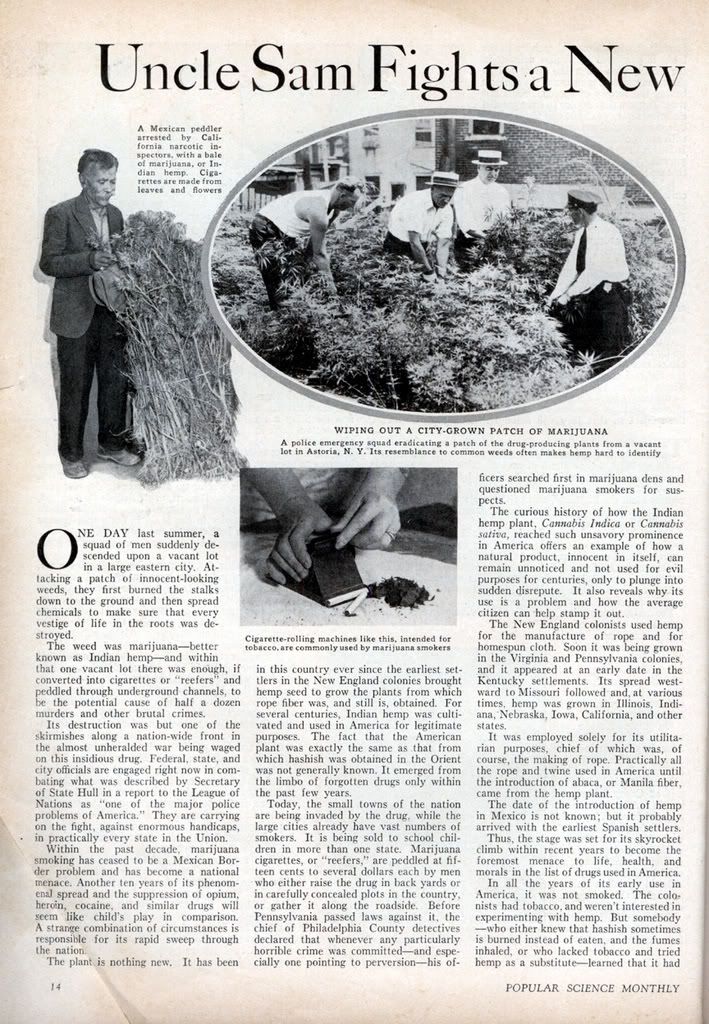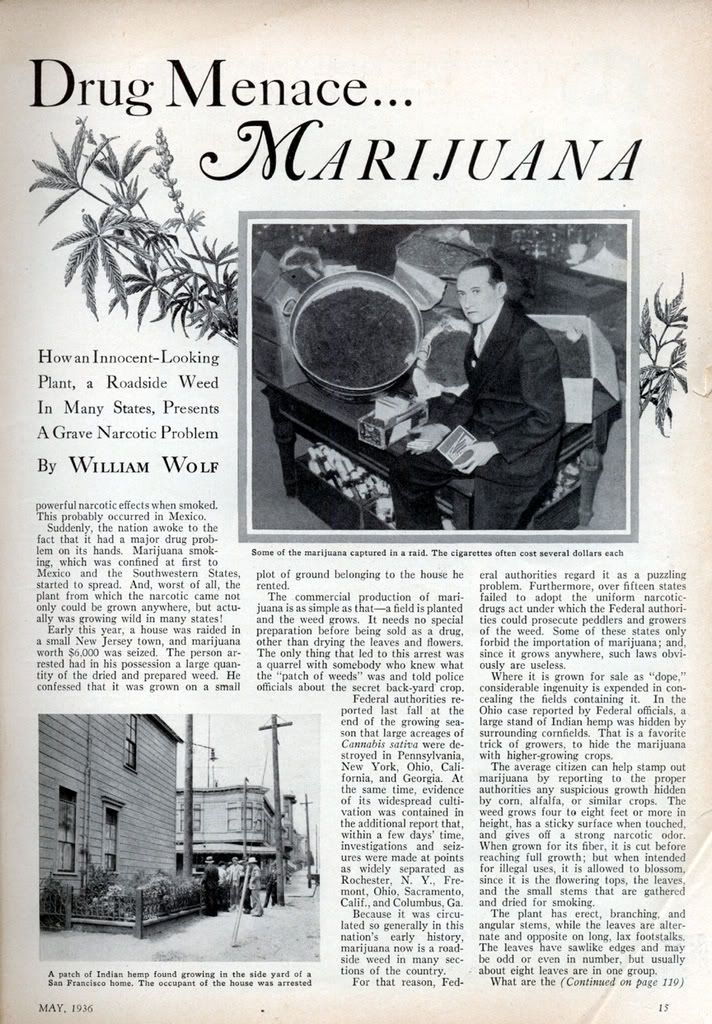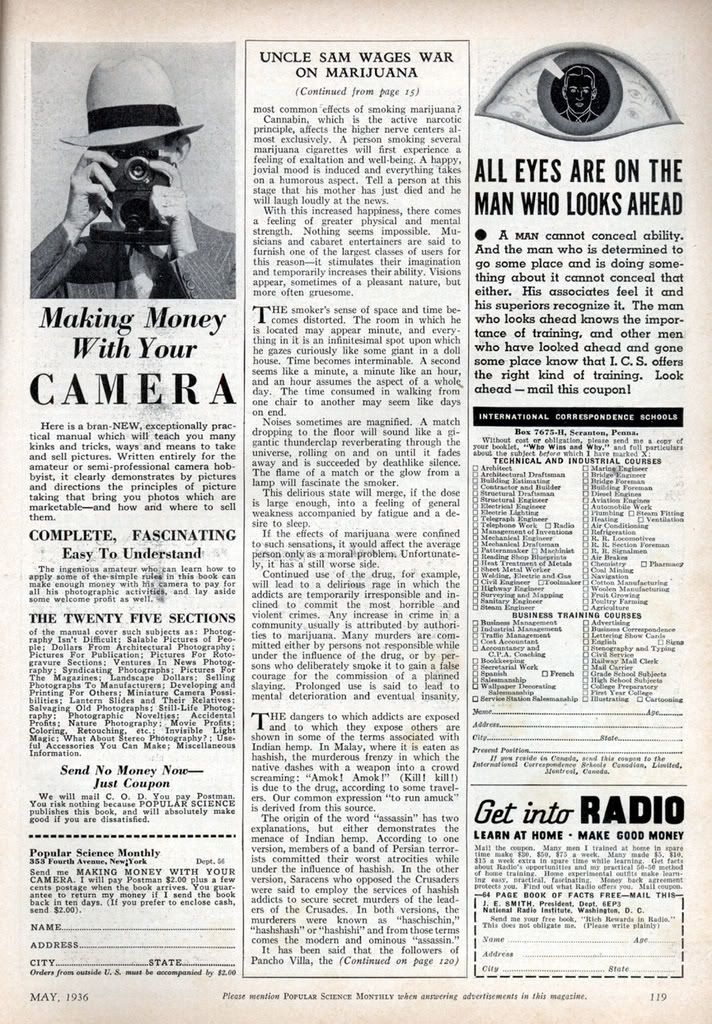The drug agency of the European Union, EWDD, published their annual report on the state of drug problems in the EU yesterday. Having read the report, I can’t help to feel a slight detachment from reality. The report is based on scientific research and claims to be a tool for making drug policy.
What becomes clear pretty quick, is that repression doesn’t work. For some reason, this undeniable fact, keeps coming up over and over again over the past eighty or so years. The report clearly shows how the most repressive countries, have the biggest of the drug problems.
The report categorizes drugs in categories proving they haven’t got so much of a clue about the different nature of various compounds. Cannabis has it’s own category, Amphetamine, ecstasy and LSD, share one. To my mind, a sophisticated drug report, should at least categorize hallucinogens together and respect their unique workings and application compared to a lot of other illicit drugs. What does amphetamine have to do with LSD? Nothing at all. Further down we have cocaine and crack sharing a category and opiates and syringe (that’s a needle kids ) administered drugs.
) administered drugs.
There are a few examples of vagueness where vagueness could have been avoided altogether. For example, the claim that ‘more European countries are becoming aware and informed about the ‘dangers’ of cannabis use.’ What dangers there are exactly, does not become very clear from the report. It does mention more requests are coming in for treatment of cannabis addiction or problematic use of the herb but at the same time it is mentioned, that most of those people, added cannabis to their diet next to a number of other substances mostly alcohol and amphetamines. It seems thus only noteworthy from the perspective of the drug war generals to keep this lie surface in drugs arguments to throw at the masses in order to cultivate a basis to warrant throwing potentially one third of the European citizens in jail (the report estimates one third of all European’s, have used cannabis at least once in their lives.).
So what’s new?
Not much actually. The news is old news at best, still valid but rejected since long by policymakers and I haven’t seen anything in the report that ignites hope inside me, that the current war on drugs will be over soon. Policy makers do not care about science at all if science is conducted in such a way that it opposes current drug laws, however convincing the evidence is. Policy makers never blinked over the fact that psilocybin and other hallucinogens (like LSD), can and have been used to treat chronic addictions to other drugs, alcohol, sex and gambling very successfully. Gambling which to my mind is one of the most destructive legal addictions known to our culture and which effectively destroys many families, is not even mentioned while that could (and should!) be considered a hard drug as well, considering the problems it causes not only among the addicts, but usually among the people surrounding such addicts as well..
Psilocybin mushrooms are not even mentioned in the report. Someone please inform Klink so he can focus on the more dangerous problems in our European society.
Read the report for yourself (multiple languages):
http://www.emcdda.europa.eu/html.cfm/index419EN.html
L&V
HC
What becomes clear pretty quick, is that repression doesn’t work. For some reason, this undeniable fact, keeps coming up over and over again over the past eighty or so years. The report clearly shows how the most repressive countries, have the biggest of the drug problems.
The report categorizes drugs in categories proving they haven’t got so much of a clue about the different nature of various compounds. Cannabis has it’s own category, Amphetamine, ecstasy and LSD, share one. To my mind, a sophisticated drug report, should at least categorize hallucinogens together and respect their unique workings and application compared to a lot of other illicit drugs. What does amphetamine have to do with LSD? Nothing at all. Further down we have cocaine and crack sharing a category and opiates and syringe (that’s a needle kids
There are a few examples of vagueness where vagueness could have been avoided altogether. For example, the claim that ‘more European countries are becoming aware and informed about the ‘dangers’ of cannabis use.’ What dangers there are exactly, does not become very clear from the report. It does mention more requests are coming in for treatment of cannabis addiction or problematic use of the herb but at the same time it is mentioned, that most of those people, added cannabis to their diet next to a number of other substances mostly alcohol and amphetamines. It seems thus only noteworthy from the perspective of the drug war generals to keep this lie surface in drugs arguments to throw at the masses in order to cultivate a basis to warrant throwing potentially one third of the European citizens in jail (the report estimates one third of all European’s, have used cannabis at least once in their lives.).
So what’s new?
Not much actually. The news is old news at best, still valid but rejected since long by policymakers and I haven’t seen anything in the report that ignites hope inside me, that the current war on drugs will be over soon. Policy makers do not care about science at all if science is conducted in such a way that it opposes current drug laws, however convincing the evidence is. Policy makers never blinked over the fact that psilocybin and other hallucinogens (like LSD), can and have been used to treat chronic addictions to other drugs, alcohol, sex and gambling very successfully. Gambling which to my mind is one of the most destructive legal addictions known to our culture and which effectively destroys many families, is not even mentioned while that could (and should!) be considered a hard drug as well, considering the problems it causes not only among the addicts, but usually among the people surrounding such addicts as well..
Psilocybin mushrooms are not even mentioned in the report. Someone please inform Klink so he can focus on the more dangerous problems in our European society.
Read the report for yourself (multiple languages):
http://www.emcdda.europa.eu/html.cfm/index419EN.html
L&V
HC


